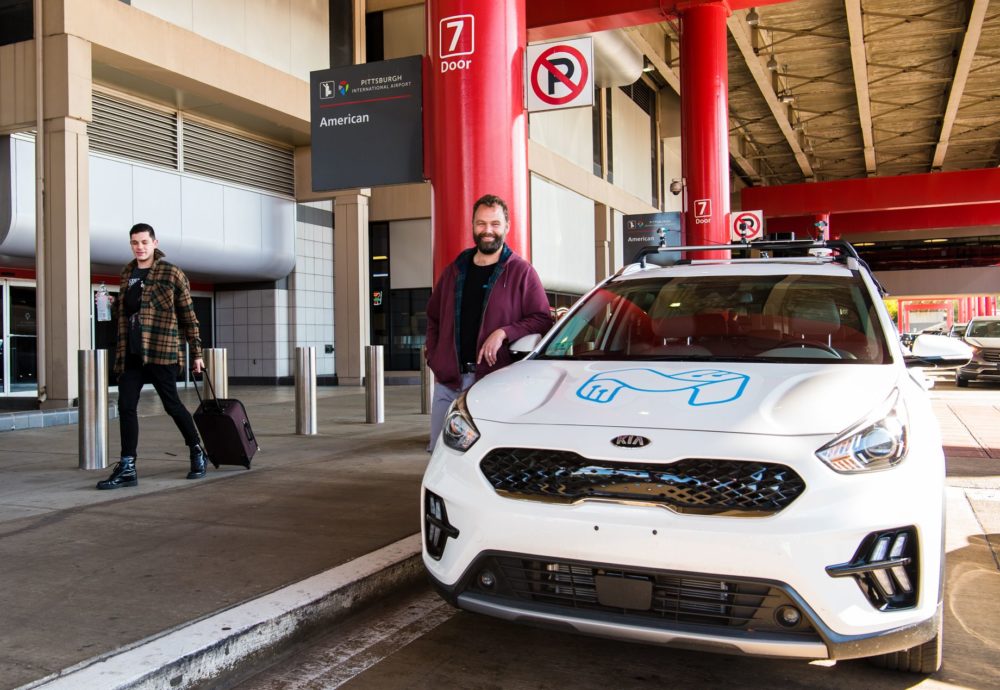Mapless AI, a mobility technology company co-headquartered in Boston and Pittsburgh, is gearing up to start testing its remote-controlled cars at Pittsburgh International Airport through a partnership with the airport’s xBridge innovation center.
xBridge Director Cole Wolfson said in a company statement about the news that as a Pittsburgher, he’s excited the center will play a part in developing technology that could have such a significant impact on the city and its autonomous vehicle industry.
“Mapless AI’s technology and service can have an immense impact on a number of fleet and mobility industries, and we are excited to explore how it can enhance the airport experience,” Wolfson said.
Reps for the organization did not reply to Technical.ly’s requests for comment about when the testing is slated to begin or how many employees are based in Pittsburgh.
Jeffrey Kane Johnson, the local cofounder of Mapless AI, said in a release that the technology the firm has been developing can turn any vehicle into a remote-controlled transport. With Mapless, there’d be a new layer to what the company calls car-hailing: Similar to Lyft and Uber, users would summon cars with an app. Yet the cars would be driven by operators based in Downtown Pittsburgh who’d be remotely connected to vehicles through commercial cellular networks.
Why, exactly?
“Just imagine if vehicles handled parking on their own, where they all went to some designated spot when you didn’t need them and came back when you did,” Johnson said. “No more streets littered with cars, no more random parking lots eating up space, and no more having to remember where you parked.”
Mapless AI said its technology is designed to keep the vehicle safe even in the event of connection to the remote operator being lost. In that case, per the announcement, the vehicle will decelerate until it comes to a complete stop and wait to reconnect or be taken over by a manual driver.
While there is still some trepidation from the public about safety of autonomous vehicles, Johnson and cofounder Philipp Robbel insist that in their development of this technology, they put safety first. Both Robbel and Johnson are experts in autonomous vehicle safety engineering, and prior to founding Mapless AI they put in time leading teams at entities such as Apple, Bosch and Uber.
“Safety is at the core of our mission and innovation,” Robbel said. “Each Mapless vehicle we deploy will have enough intelligence on-board that they can assure total safety in reaction to changing network conditions.”
The previous safety driver requirement with regard to AV testing has been waived in the Commonwealth, thanks to recently passed legislation. Still, according to the release, a person will be present in the vehicles while testing takes place.







